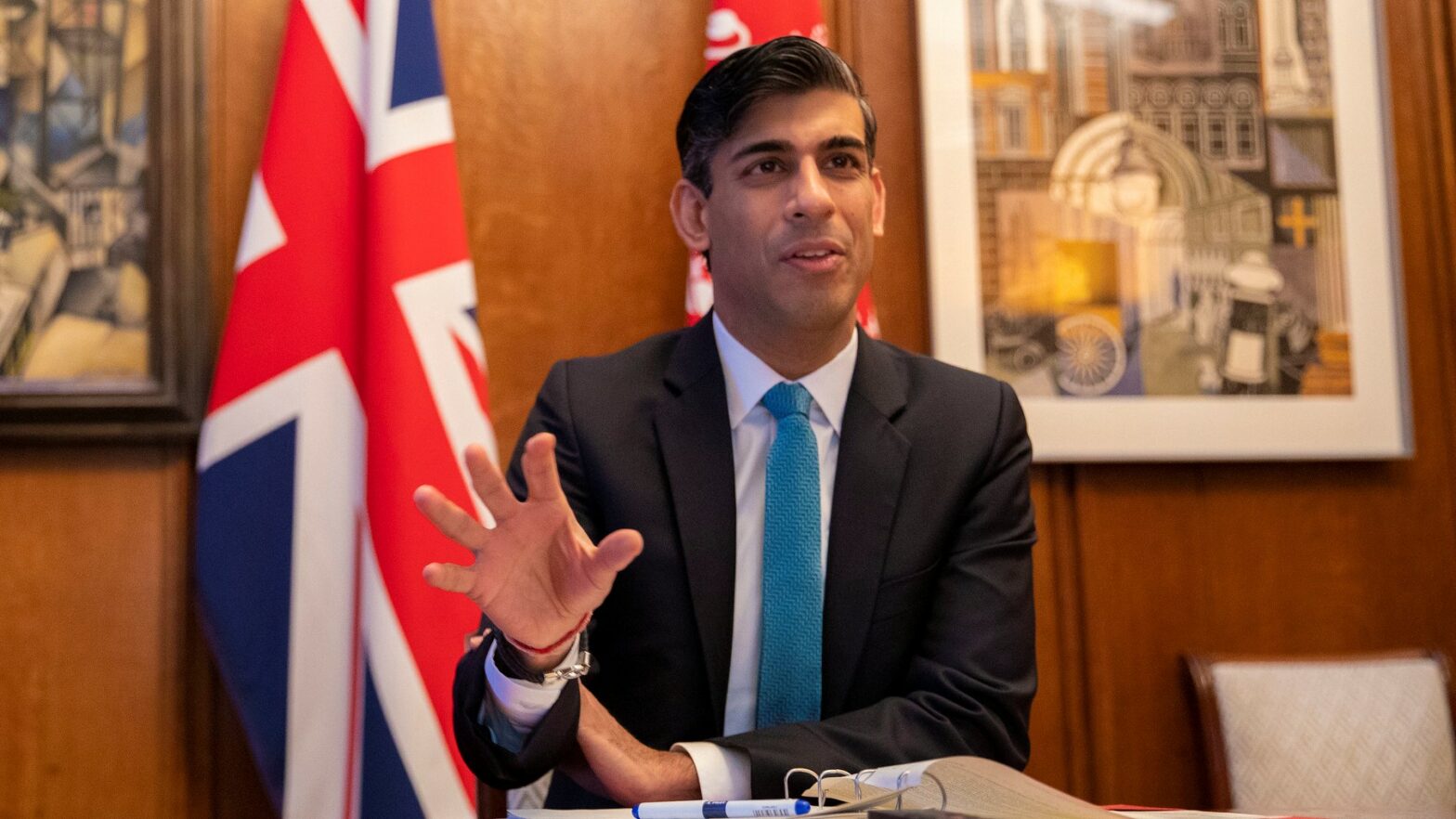Small business has asked the chancellor for a multibillion support package to help get it through to the other side of the pandemic.
Mike Cherry, national chairman of the Federation of Small Businesses, has written to Rishi Sunak outlining his proposed small business support package.
Measures include a second round of £10,000 grants, a new German-style reimbursement scheme for lost trading, improved terms for state-backed Bounce Back Loans and income support for the newly self-employed.
>See also: Rishi Sunak urged to help self-employed company directors
Small businesses with fewer than 50 employees account for 99 per cent of all businesses in the UK. SMEs account for three fifths of all employment in the private sector.
In particular, the FSB has called for:
- Small Business cash grants – a second round of one-off grants of £10,000 through the Small Business Grant Fund (SBGF), plus targeted grants of up to £25,000 for small firms in retail, hospitality and leisure
- Revenue Loss Scheme – a German-style scheme to reimburse small businesses for the financial impact of a significant loss in custom, whereby the government would cover a percentage of lost revenue compared to the same time last year. The German version of this scheme costs €11bn a month
- Directors Income Support Scheme – a taxable grant for directors of limited companies calculated at 80 per cent of three months average monthly trading profits, paid out in a single instalment and capped at £7,500. This would mirror the existing framework offered by the Self-Employed Income Support Scheme (SEISS), avoiding the issues around dividends
- Help for more recently self-employed – an extension of the Self-Employed Income Support Scheme at the end of January 2021 after the final date for self-assessment tax returns, to include the use of a 2019/20 tax return in time to qualify for the fourth SEISS grant. About 300,000 self-employed workers who have not qualified for support because they were not operating for three years before the scheme came into force could be admitted by accepting their 2019-20 tax return
- Emergency loans extension – extending the period before Bounce Back Loan Scheme repayments begin, plus a “student loan” approach for debt repayment, which means debts only start to be repaid once the small business is profitable and can afford to do so
Mr Cherry has written to Rishi Sunak to say that “fresh restrictions have brought renewed disruption and financial pressure for the many small businesses affected”.
>See also: Prospect union calls for emergency help for excluded self-employed
“While some of the flagship schemes have been extended, the current approach to lockdown grants in England is much less generous and is not covering the huge and increasing costs. We therefore believe the time has come for a second round of small business cash grants to match those in the first wave lockdown back in the spring.”
On Saturday, the FSB called for the government to consider converting “unmanageable” levels of Covid debt accrued by small businesses into shared company ownership. Four out of 10 small businesses called their level of debt “unmanageable” in an FSB report published over the weekend.
Further reading
Businesses ‘crippled’ by Tier 4 call for more government help





